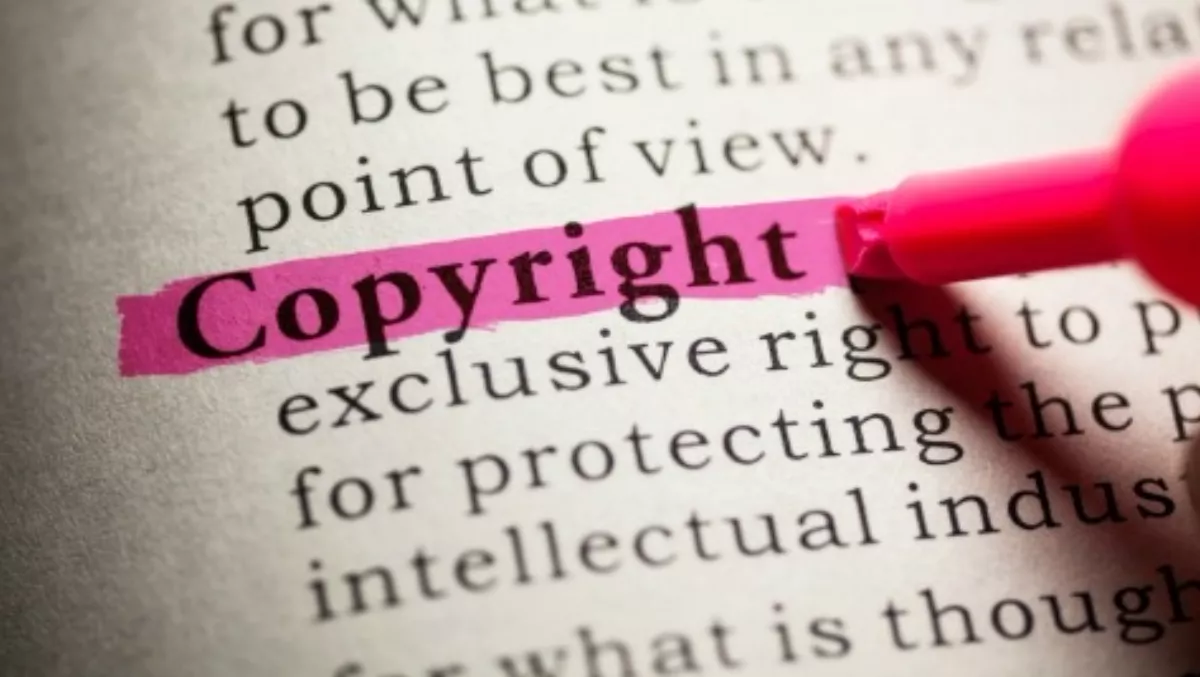
Understanding copyright for schools
Copyright describes a set of exclusive rights that are given to owners in relation to the creation of audio, image or video works, says NetSafe.
In New Zealand, copyright is an automatic right that doesn't need to be registered by the owner as long as the work is original, copyright exists as soon as something is created, performed or published. These rights are laid out in the Copyright Act 1994.
Schools already have experience in managing the appropriate use of resources that are copyrighted under this Act, NetSafe says. For example, many schools purchase a licence to allow them to use copyright protected resources in their schools.
There are exceptions to the act that specifically cover schools use of copyright protected material. For example, the Act states that a film or sound recording may be played to an audience that is employed by or enrolled in a school if it is part of a'course of instruction'.
However, it also states that this audience must not include parents or guardians, and that no payment can be made for the performance.
These exemption only cover the playing of a film or sound recording, but do not allow for the copying or downloading of the same piece of work, NetSafe says.
The Act also provides exceptions for what is commonly called 'Fair Dealing' which provides exceptions from the Act where material is used for research and private study or the purpose of criticism and review.
If schools are in doubt about a specific situation they can either review the Act themselves, contact a copyright lawyer or talk to an organisation such as NetSafe for more advice.
The Copyright (Infringing File Sharing) Amendment Act, implemented in 2011 means that anyone who connects to the internet is liable for the actions of that connection in regards to copyright infringing file sharing.
Teachers can download a TV programme or movie to share with class provided it is licenced for use in that way.
However, the fact that it is available on an online video streaming or download site does not guarantee that this is the case, and NetSafe says teachers should check the copyright licence information associated with it before using it.
If the media is available to stream from the site then they should be able to show it to a class in that way without the need to download it. However, teachers should check its suitability for the audience first as there may not be an 'age rating' associated with it.
Furthermore, if a website publishes a piece of content online, then they are taking the responsibility for complying with the copyright restrictions placed on that content.
Watching content in this way does not put a school at risk of breaching copyright. Although, if a teacher downloads content from the same site, they are then responsible for fulfilling the copyright conditions.
When creating unique work,copyright is given to the creator of a piece of work as soon as it is created. That being said, if work is created in the course of a teacher's employment, then copyright in it could be owned by the school and not the individual.
Many schools are developing creative commons licences that cover the creation of resources in schools, NetSafe says.
This 'open education resources' approach gives schools and their employees clear guidance on how material created for use in the classroom can be used and shared.
For more information on Creative Commons licences for schools visit Creative Commons Aoteroa, says NetSafe.
The company says, if in doubt, seek permission from the copyright owners before using the material. Use the contact details provided by the owners, or the site on which the material is published.
Familiarise yourself with the exceptions for education use under the NZ Copyright act, and ensure school policy and use agreements explicitly deal with copyright from your school's perspective.


